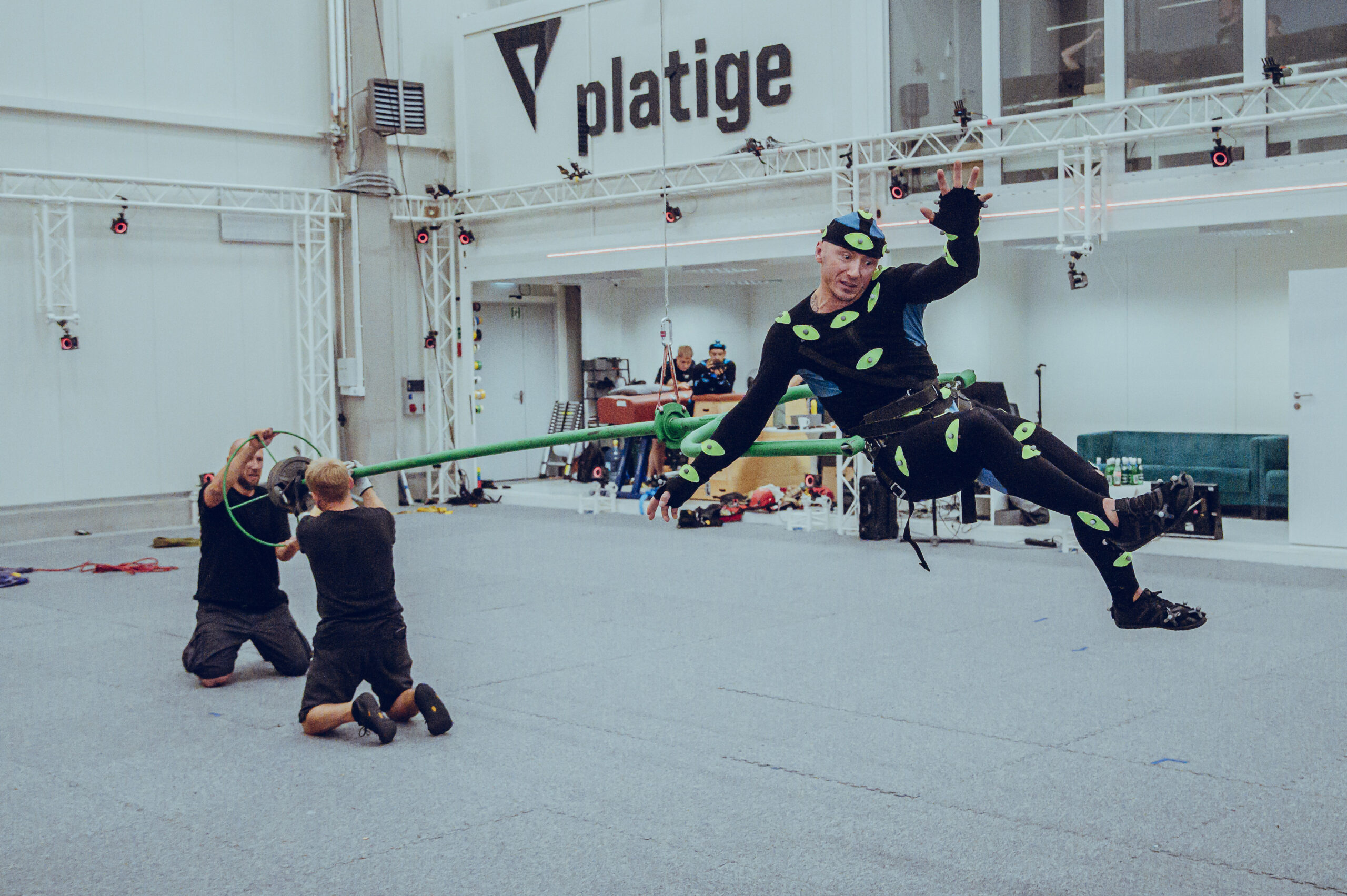Documentary Backlash highlights the stories of harassment faced by women online. A new documentary is shining a light on the vortex of hatred.
Directed by filmmakers Lea Clermont-Dion and Guylaine Maroist, the film Backlash – which examines online harassment faced by women – premiered Jan. 13, at the Hot Docs Cinema.
Maroist says the inspiration came from her co-filmmaker.
“In 2015, Lea came to me, and she had been a victim of insults, she had just published a book and she received threats. So, I accepted her proposal… Unfortunately, what we have seen in the years working on this film, is the growth of online misogyny,” she said.
As part of the research for the movie, more than a hundred people were interviewed, including experts in law and psychology, to truly understand the problem.
“We realized that it’s really women who have expressed themselves in the public space that are being targeted,” Maroist added.
The film follows four women – Laura Boldrini, former president of Italy’s Chamber of Deputies; Kiah Morris, former Democratic representative in the state of Vermont; Marion Seclin, Paris-based actor and YouTuber; and Laurence Gratton, an elementary school teacher in Montreal – and examines the harassment they faced online
“We decided to follow these women in their quest to want to be protected and their quest to survive. We wanted to give the people the feeling these women experience,” she said.
The movie also features Donna Zuckerberg, an expert on cyberviolence against women, Laurence Rosier, professor of French linguistics at the Université Libre de Bruxelles in Belgium, and Sarah T. Roberts, professor at UCLA who specializes in content moderation of social media. Showcasing each was meant to approach the problem of digital misogyny from different perspectives.
Maroist said they did not expect the success they have seen because of the nature of the topic.
“There was word of mouth, big word of mouth and the media spoke about it. The conversation had to happen.”
The film has not only inspired change with the audience, but also inspired the filmmakers to speak about the issue at the Quebec national assembly.
Maroist shared that women face continue to suffer because the issue of online harassment is not taken as seriously as it should.
“When women go to the police officers to file a complaint, usually most of the times the complaint is not retained. I think we need to train police officers for them to be able to recognize the problem,” Maroist said.
She hopes that this movie inspires conversation and inspires changes in legislation to protect women from online misogyny which could turn to violence in the physical world.
“We in Canada, can be leaders in these matters. We could be at the avant garde of legislation and equal rights for men and women.”


